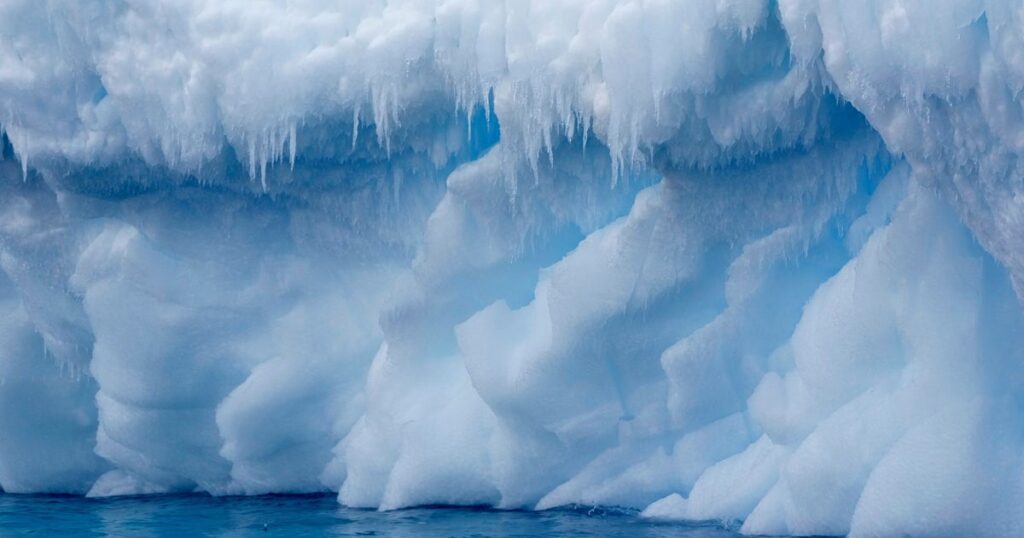A recent study published in Nature warns of potentially irreversible changes occurring in Antarctica due to climate change, which could raise global sea levels by up to 1 meter, with devastating consequences for future generations. The research highlights accelerated shifts in the Antarctic environment, including changes in sea ice, currents, and ecosystems.
Key findings include:
-
Sea Ice Retreat: Antarctic sea ice has retreated significantly, averaging a 120-kilometer loss from the coastline since 2014, three times faster than the Arctic. Recent satellite data indicates that sea ice levels are among the lowest recorded in 47 years.
-
Ice Loss Impact: From 2003 to 2019, Antarctica and Greenland lost thousands of gigatons of ice, contributing to over 0.5 inches of global sea level rise. The Thwaites Glacier is deteriorating rapidly, further exacerbating sea level issues.
-
Ecosystem Threats: The loss of sea ice is disrupting marine life, with evidence of high mortality rates among emperor penguin chicks due to earlier ice melt.
-
Global Temperature Thresholds: Currently, global warming is at about 1.3 degrees Celsius, nearing a threshold that could trigger significant ice loss and a potential 3-meter rise in sea levels.
- Ocean Circulation Risks: A slowdown in the Antarctic ocean current could have widespread climate and ecological impacts, reducing the ocean’s ability to absorb CO2.
Experts stress that immediate action to curb CO2 emissions is essential to mitigate these cascading effects. Decisions made in the near future will significantly impact the rate of ice loss and global warming.


